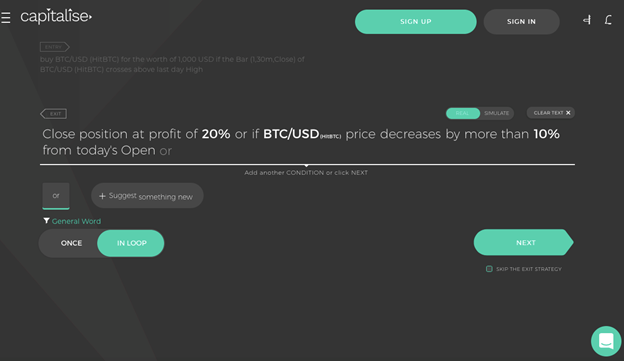Bitcoin Transforming the Economy
Open Intelligence Ltd., a company with a long history in intelligence analysis, has been collecting, pooling and analysing the majority of all the articles about Bitcoin published on the Internet every day. Everything that is being said about 70+ topics is gathered together by means of classifying the flow of sources as they appear. Below is a synthesis of what is being said in the categories related to Usage / Applications / Transformation / Economy. The views expressed are those of the sources, not the analysts.
All the citations and links can be found at Open Intelligence’s Google+ Community, Bitcoin Monitor. https://plus.google.com/u/0/communities/117658970811592285246
Scope
Trend: Widening and growing fast
The power of 2.0
As the number of alternatives to Bitcoin grows beyond the 70 mark, the focus of discussion is widening from cryptocurrencies as the new money and payment system which will transform the financial sector to “Bitcoin 2.0”. People are now talking about the Bitcoin Protocol as no less than the “economic singularity”, transforming the global economy into “Capitalism 2.0” by seamlessly “digitising and decentralising” trust, thereby enabling the virtually cost-free transfer of “all forms of value”.
Winners
Trend: Emerging potential and big gains
Power to the small and disadvantaged
Bitcoin is seen as favouring the fast growing “shadow economy” of ingenuity, improvisation and self-reliance where people have to make do, bringing modern peer-to-peer payment systems to countries and people without the (dubious [ed.]) benefit of advanced banking systems. Small enterprises and individuals are also seen as gaining a direct advantage by saving the significant costs of using credit / debit card payment systems and in accepting international payments, while minimising the risk of card fraud. Bitcoin is also reported making micropayments economic for the first time which means that many more people, products and services in areas such as publishing and social sharing can monetise their activities creating what in effect would be a whole new economy.
Of course, the really big winners, financially are those who bought into Bitcoin, which is said to have been the world’s best performing asset in 2013.
Losers
Trend: Emerging possibilities
Worry for governments and banks
In the long term, both central banks and national fiat currencies are seen as being potentially under threat from loss of power and value. In the short term, already banks are portrayed as “running scared” because “eventually” their profit margins are liable to be reduced by Bitcoin introducing unwanted uncertainty in contemporary markets. Western Union is already reported having to lower its international transfer fees “drastically” in response to Bitcoin’s extremely low transaction charges.
Judgements
Trend: Emerging doubt and uncertainty
Don’t jump in just yet
The sources predict that Bitcoin will be brought down by a combination of deflation, speculation and regulation. The death knell is expected to a combination governments to legislating “the life out of” Bitcoin when they realise that they are losing economic control, and extreme volatility ending with the bursting of the “amazing” Bitcoin bubble.
While Bitcoin is criticised for being driven by a libertarian techno-utopian ideology (Ayn Rand, as mediated through Silicon Valley. ed.), sources judge that without this “unneeded baggage”, Bitcoin still represents a significant advance in the technology of payments, although it is “far from guaranteed” that it will be a “stable store of value”. However, Bitcoin is portrayed as “still poised on the cusp” between becoming a successful new global payments systems and a flop. Although 2014 is expected to be the year of Bitcoin, it is seen as being “a couple of years away” from a serious, trusted and stable currency.
Please let us know what you would like Open Intelligence to report on next. Email [email protected] or leave a comment below.
